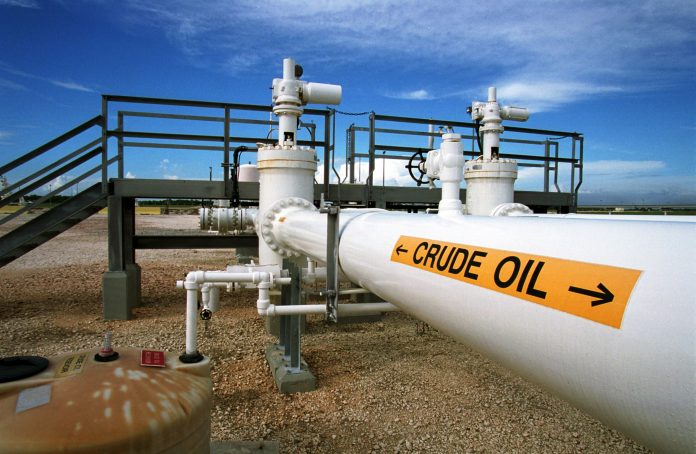KARACHI: Pakistan’s oil sales dropped by 5 per cent year on year (YoY) to 25 million tonnes primarily due to decline in Furnace Oil (FO) sales.
This decline in sales comes after a 5-years lag when the industry posted a decline of 4 per cent in 2011-12.
Furnace oil sales dropped 27 per cent to 7 million tonnes owing to the shrinking demand from power sector during the year. To recall, the government imposed a ban on usage of expensive FO for power generation during winters due to the high cost of generation and availability of Regasified Liquefied Natural Gas (RLNG).
Later on, the usage of FO resumed post commencement of summers when demand generally picks up however utilisation levels remained on the lower side.
As per Oil Companies Advisory Council (OCAC), out of the total FO sales of 9.6 million tonnes in 2016-17, 85 per cent or 8.2 million tonnes of oil sales were made to the power sector. This situation will prevail going forward as upcoming power plants are based on coal or RLNG which is likely to gradually replace FO based power plants.
Oil sales growth excluding FO stood at 8 per cent in the fiscal year 2017-18 as compared to sales growth of 13 per cent in 2016-17. This is also lower than the last 3-year (FY15-17) average growth of 12 per cent, which analysts believe is an effect of rising pump prices. Petrol and diesel prices have risen by 35-40 per cent in 2017-18 on back of higher international oil prices. This has started impacting industry’s white oil sales. This is also evident from June oil sales which are down 12 per cent YoY amid 9 per cent decline in diesel sales along with lower FO sales.
Hascol Petroleum (HASCOL) outperformed the market growing by 28 per cent YoY in 2017-18. The analyst attributes its strong performance to increased concentration on petrol and diesel sales, expanding storage capacity and retail network.
Pakistan State Oil (PSO) and Shell Pakistan (SHELL) remained underperformers during the year. PSO, the biggest stakeholder in FO market posted sales decline of 16 per cent. On the other hand, SHELL witnessed a strong slowdown in its sales post oil tanker incident on June 25, 2017.
Going forward, rising pump prices and lower FO sales along with currency devaluation, which could result in exchange losses, would be few of the key challenges faced by the industry. However, inventory gains and revision in Oil Marketing Companies (OMC) margins could offer some support.
























